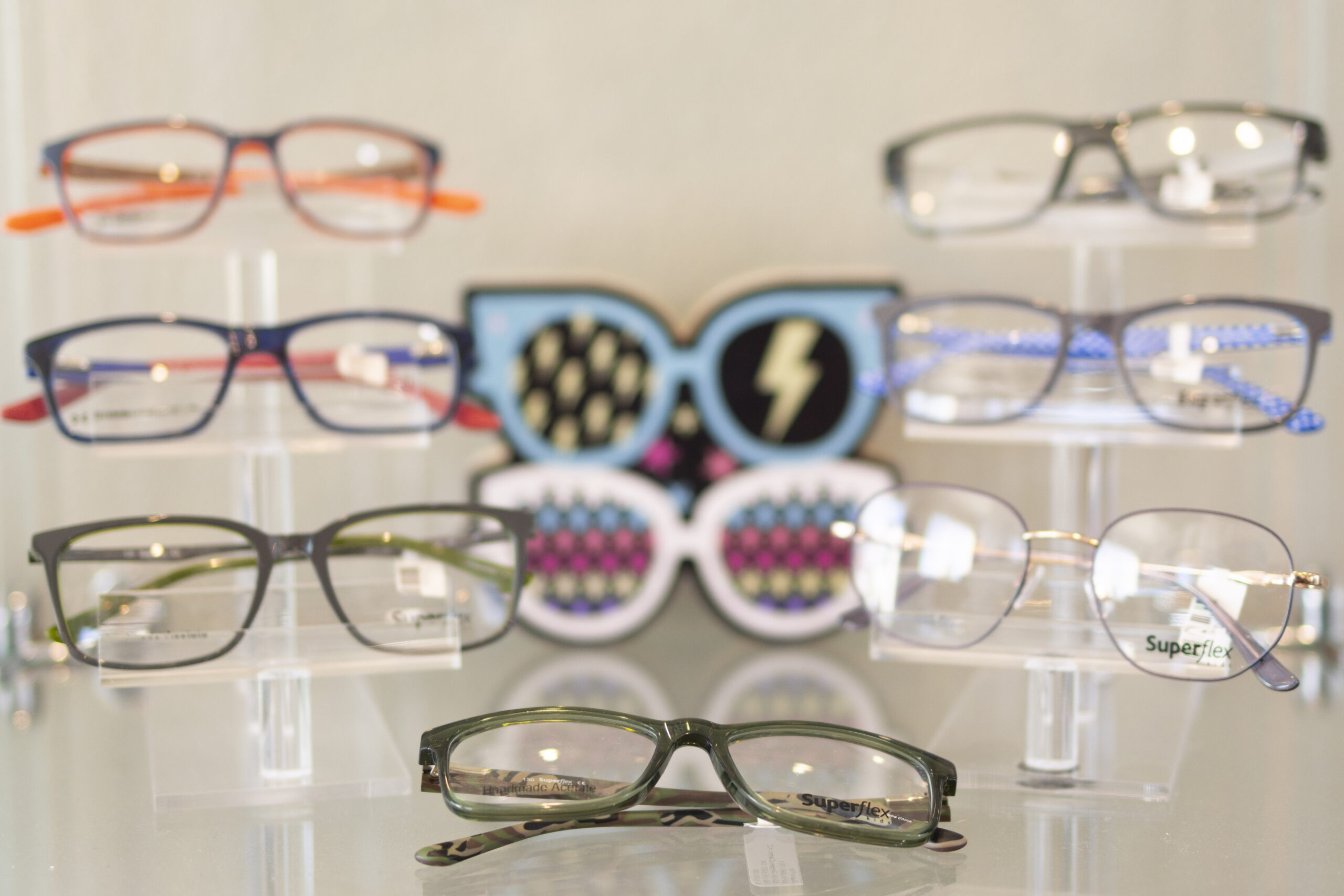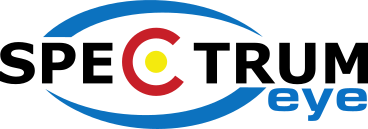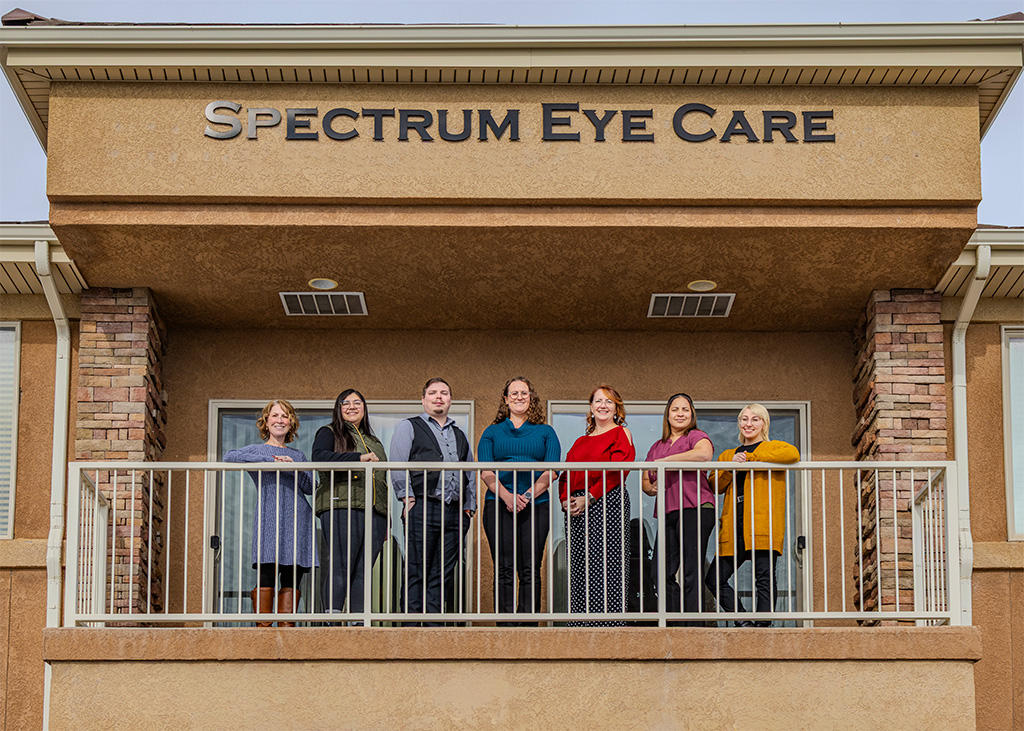Pediatric Eye Care in Colorado Springs
Children’s eyes are still developing, and their vision needs differ significantly from adults. Clear, comfortable vision plays a vital role in learning, coordination, and confidence. Choosing a pediatric eye doctor in Northgate ensures your child receives care tailored specifically to their stage of visual development. Pediatric eye doctors are trained to identify subtle vision issues that may affect reading, attention, and academic performance—often before a child realizes there is a problem.
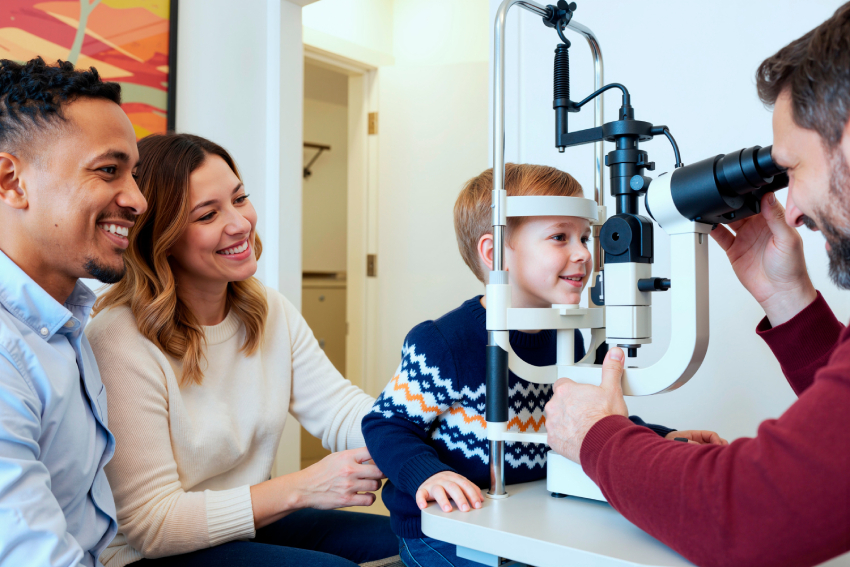

Why pediatric eye care matters:
What Is Pediatric Eye Care?
Pediatric eye care focuses on detecting and managing vision problems that can interfere with learning and daily activities. Unlike basic screenings, comprehensive pediatric eye exams evaluate how clearly a child sees and how well their eyes work together.
A pediatric eye exam may include:
These exams can detect conditions such as amblyopia (lazy eye) and strabismus (eye misalignment) early, when treatment is most effective.
When Should Children Have Eye Exams?
Recommended schedule:
Children with glasses, myopia progression, or binocular vision concerns may need more frequent exams.
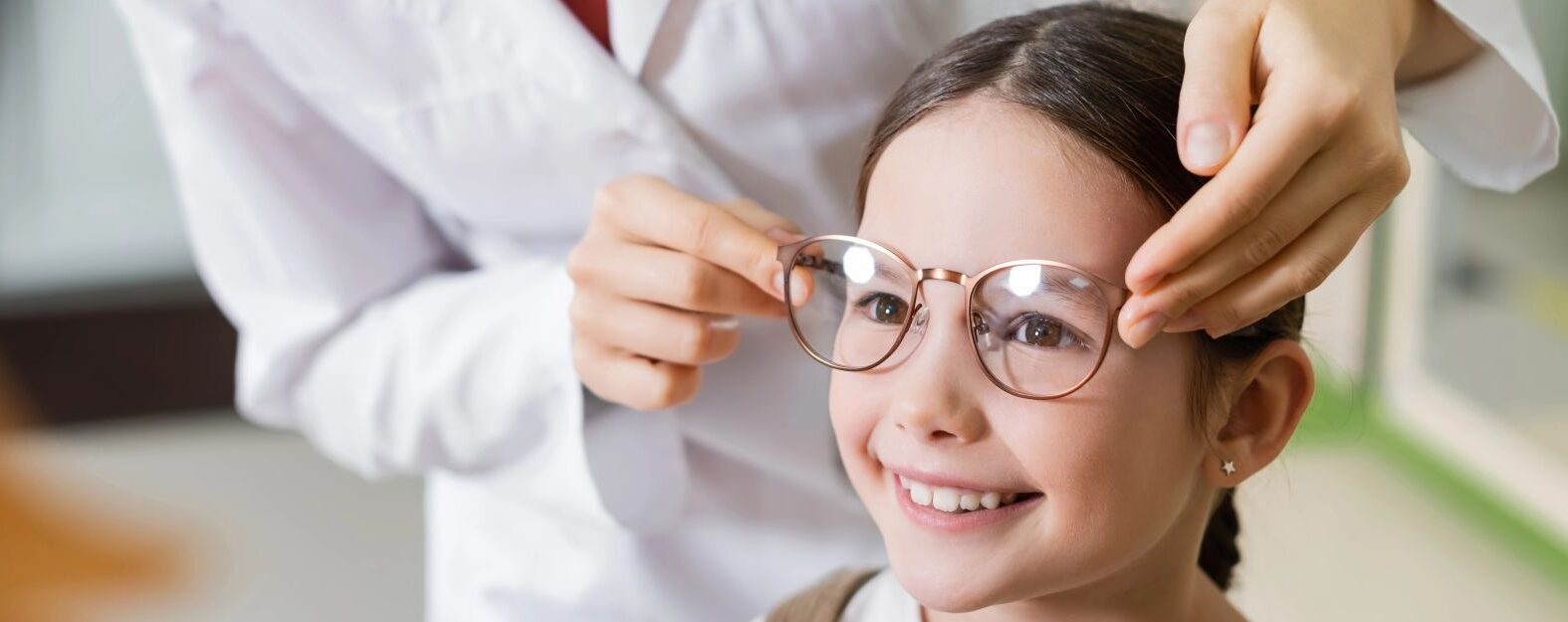
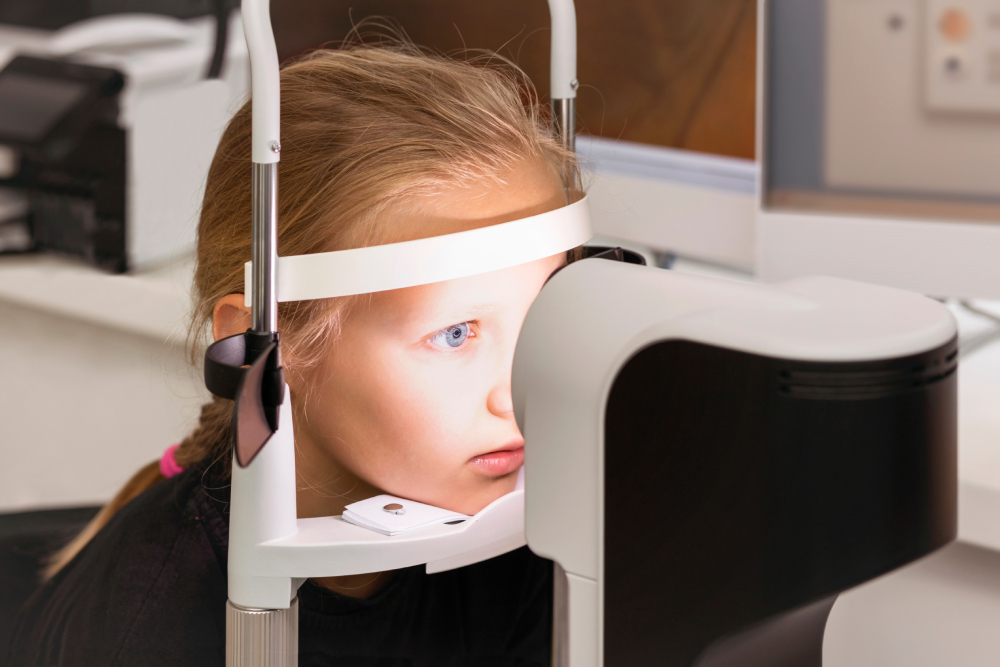
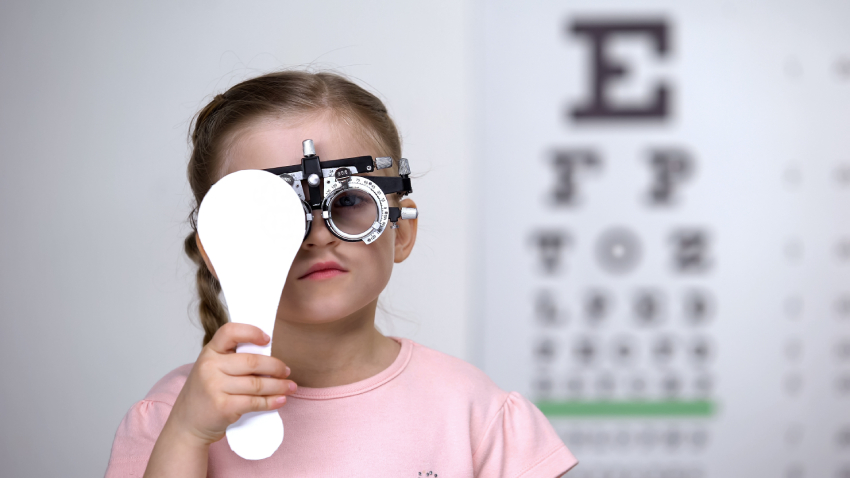

Signs of Vision Problems in Children
Children may not recognize or communicate vision issues. Common signs include:
If you notice these behaviors, a pediatric eye exam is recommended.
Common Pediatric Eye Conditions
Amblyopia (Lazy Eye)
Occurs when one eye does not develop normal vision. Early treatment may include patching, atropine drops, or vision therapy.
Strabismus (Crossed Eyes)
Eye misalignment that affects depth perception and comfort. Treatment may involve glasses, therapy, or referral for surgery.
Early diagnosis improves long-term outcomes.


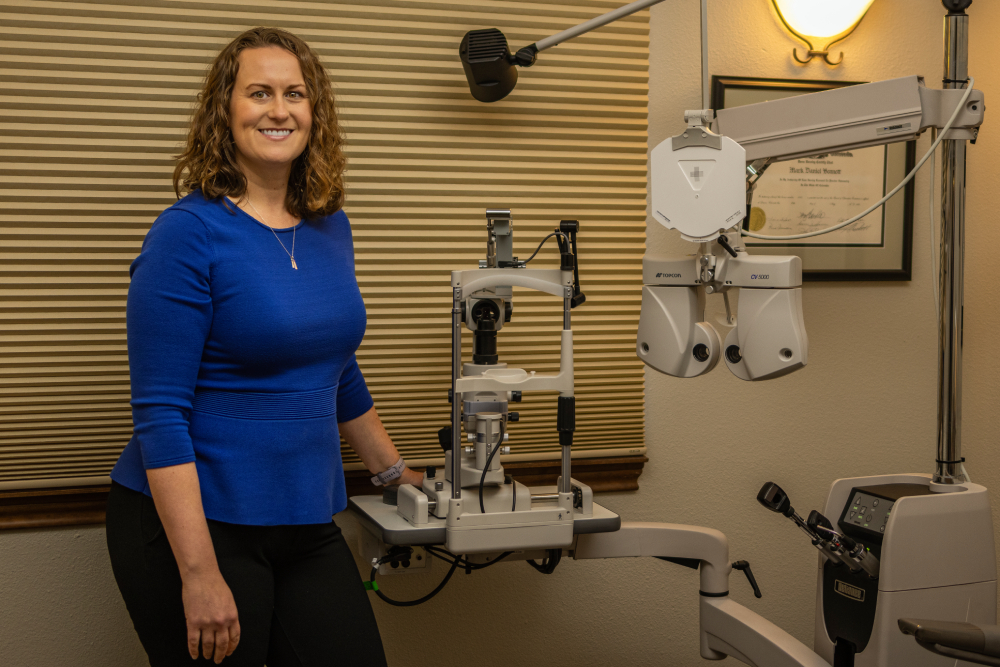

What to Expect During a Pediatric Eye Exam
Pediatric exams are gentle, age-appropriate, and engaging.
Doctors use child-friendly tools and involve parents throughout the visit.
Pediatric Vision Treatment Options
Each child receives a personalized care plan, which may include:
Ongoing monitoring ensures treatments remain effective as your child grows.
Why Choose a Pediatric Eye Doctor in Northgate?
Local pediatric eye care offers:
At Spectrum Eye Care, children receive compassionate, evidence-based care designed to support lifelong visual health.
